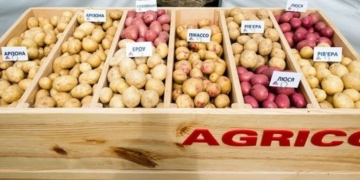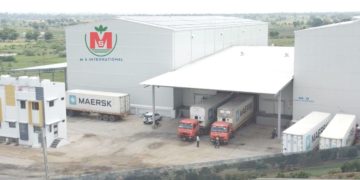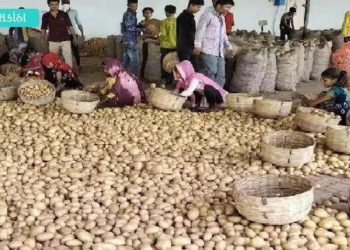Aiming to Restore Normalcy in the Potato Market Amid Rising Prices
The West Bengal government is set to engage in a crucial meeting with potato traders and other stakeholders on August 20, as part of its efforts to restore normalcy in the state’s potato market. This meeting comes in response to the significant price increases that prompted the government to enforce a ban on inter-State trade of potatoes last month.
Background of the Situation
The price surge in the potato market has raised concerns among consumers and prompted government intervention. The ban was implemented to control retail prices, which the government aimed to keep below ₹30 per kg. In light of this situation, various stakeholders, including the West Bengal Cold Storage Association and the Paschim Banga Pragatishil Alu Byabsayee Samiti, have voiced their concerns regarding the severe losses faced by potato growers and traders.
State Panchayat Minister confirmed the scheduled meeting, stating, “We will meet the traders and stakeholders on Tuesday. All the stakeholders have been invited.” The government hopes that through this dialogue, they can find a resolution that addresses both consumer price concerns and the financial viability of traders and farmers.
Objectives of the Meeting
The primary objectives of the upcoming meeting include:
- Price Regulation: Ensuring that the retail price of potatoes remains manageable for consumers.
- Market Stability: Restoring normal trading conditions in the potato market.
- Collaboration: Encouraging cooperation among traders, farmers, and government to achieve a sustainable market.
State Panchayat Minister emphasized the importance of maintaining a balance: “Farmers have realized good prices last year. This year, we want to make sure that our consumers also do not suffer from any undue price rise.”
Potential Market Implications
Traders have expressed concerns that an extended ban on inter-State trade could lead to the loss of significant markets to neighboring states such as Uttar Pradesh. Historically, West Bengal has supplied around 20-25 lakh tonnes of excess potatoes annually to states like Odisha, Andhra Pradesh, Bihar, and Assam. The fear is that continued restrictions could shift these lucrative markets away from West Bengal, thereby impacting the livelihoods of local growers and traders.
As the meeting approaches, all eyes will be on the West Bengal government and the potato traders. The outcomes of this discussion could determine the future of the potato market in West Bengal, balancing consumer needs against the interests of the agricultural community.

















